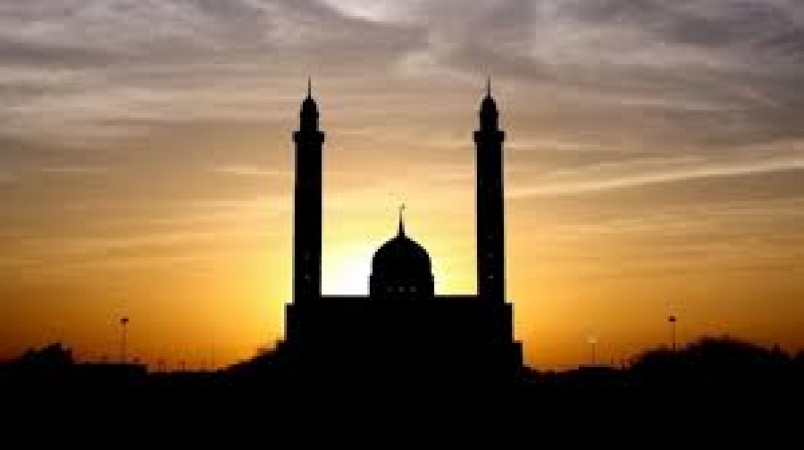
Shab-e-Barat, also known as the Night of Forgiveness or the Night of Records, is a significant event observed by Muslims worldwide. It falls on the 15th night of the Islamic month of Sha'ban, the eighth month of the Islamic lunar calendar.
Date of Shab-e-Barat in February
This year, Shab-e-Barat is anticipated to occur in February. However, it's essential to note that the Islamic calendar is lunar-based, meaning the exact date may vary based on lunar sightings and regional customs. Muslims typically begin observing Shab-e-Barat after sunset on the 14th of Sha'ban, continuing until the dawn of the 15th.
Spiritual Significance
Shab-e-Barat holds immense spiritual significance in Islam. It is believed to be a night when Allah determines the destiny of individuals for the upcoming year, including matters of life, death, and sustenance. Muslims view this night as an opportunity for seeking forgiveness, repentance, and making supplications for blessings and mercy.
Observance and Practices
Muslims observe Shab-e-Barat with various religious practices and rituals, including:
During Shab-e-Barat, Muslims devote themselves to prolonged prayers, known as Salat al-Layl or Tahajjud. These prayers are performed in the late hours of the night and are considered highly meritorious. Believers seek to strengthen their connection with Allah through intimate supplications and expressions of devotion. The night prayers offer a serene and reflective atmosphere conducive to spiritual contemplation and self-renewal.
Recitation of the Quran is an integral part of Shab-e-Barat observance for Muslims. Many believers dedicate time during the night to recite and contemplate the verses of the Quran. The sacred text serves as a source of guidance, wisdom, and solace, offering insights into the divine will and moral principles. Through the recitation of the Quran, Muslims seek spiritual enlightenment, seeking guidance on the path of righteousness and seeking forgiveness for past transgressions.
Shab-e-Barat is considered a night of divine mercy and forgiveness in Islam. Believers seize this opportunity to seek Allah's forgiveness for their shortcomings and sins. They engage in sincere repentance, acknowledging their mistakes and expressing remorse for their actions. The act of seeking forgiveness is accompanied by a deep sense of humility and contrition, as Muslims strive to purify their hearts and souls in preparation for the year ahead. Through repentance, believers seek reconciliation with Allah and a renewal of their spiritual journey.
Charity holds a special significance during Shab-e-Barat, reflecting the spirit of compassion and empathy inherent in Islam. Believers are encouraged to extend a helping hand to the less fortunate, providing assistance to those in need. Acts of charity include giving alms to the poor, feeding the hungry, and supporting charitable causes. Through their generosity, Muslims seek to emulate the benevolent qualities of Allah and earn His favor and blessings. Charity is viewed as a means of purifying wealth and attaining spiritual rewards, fostering a sense of unity and solidarity within the community.
Visiting the graves of deceased loved ones is a traditional practice observed by some Muslims during Shab-e-Barat. Believers pay their respects to the departed souls, offering prayers and supplications for their forgiveness and spiritual elevation. The act of visiting graves serves as a reminder of the transient nature of life and the importance of preparing for the Hereafter. It is an opportunity for believers to reflect on the legacy of their ancestors and to seek blessings for themselves and their families. Through this act of remembrance, Muslims honor the memory of their departed loved ones and reaffirm their commitment to the values of faith, compassion, and remembrance of Allah. Shab-e-Barat, observed in February this year, is a sacred occasion in Islam marked by prayers, reflection, and seeking forgiveness. It serves as a reminder of the importance of spiritual purification, repentance, and compassion towards others. As Muslims come together to commemorate this night, they renew their commitment to faith and righteousness, striving for spiritual growth and closeness to Allah.
New XUV700 launched with 83 connected features... and tremendous technology
Tata's blast amid interim budget! Introduced luxurious SUV Curvv